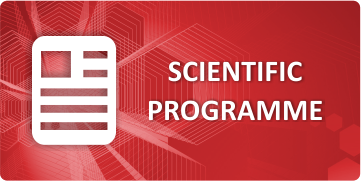
M. M. Madumo
Sefako Makgatho Health Sciences University, South Africa
Title: A Programme for Prevention of Adolescent Girls Unplanned Pregnancies through Emancipated Decision Making
Biography
Biography: M. M. Madumo
Abstract
The purpose of the research was to construct a programme for prevention of unplanned pregnancies in adolescent girls through emancipated decision-making. Decision making in adolescent unplanned pregnancy prevention is an important public health issue. Adolescent unplanned pregnancy, although preventable, remains common globally and is usually associated with negative health and socio-economic outcomes for the baby, adolescents themselves, the family and society. A qualitative, explorative, descriptive and contextual research design was followed based on the Wittmann-Price theory of emancipated decision making in women’s health care issues. The research took place in four phases: Phase 1: A situation analysis, Phase 2: The concept analysis and the conceptual framework, Phase 3: A description of the programme as well as guidelines for the implementation of the programme, Phase 4: Evaluation of the programme, limitations and recommendations. The results indicated that adolescent girls need personal knowledge, empowerment, flexible environment, the ability to reflect and awareness of social norms to be able to make emancipated decisions in preventing unplanned pregnancies. Based on the results, an emancipatory education programme for enhancing emancipated decision making in pregnancy prevention in adolescent girls was constructed. Healthcare professionals have the responsibility to practice ethically, be guided by applicable public policies on adolescent girls’ pregnancy prevention, benchmark the best practices and engage in reflective dialogue with adolescent girls and colleagues to improve the programme and practice.

